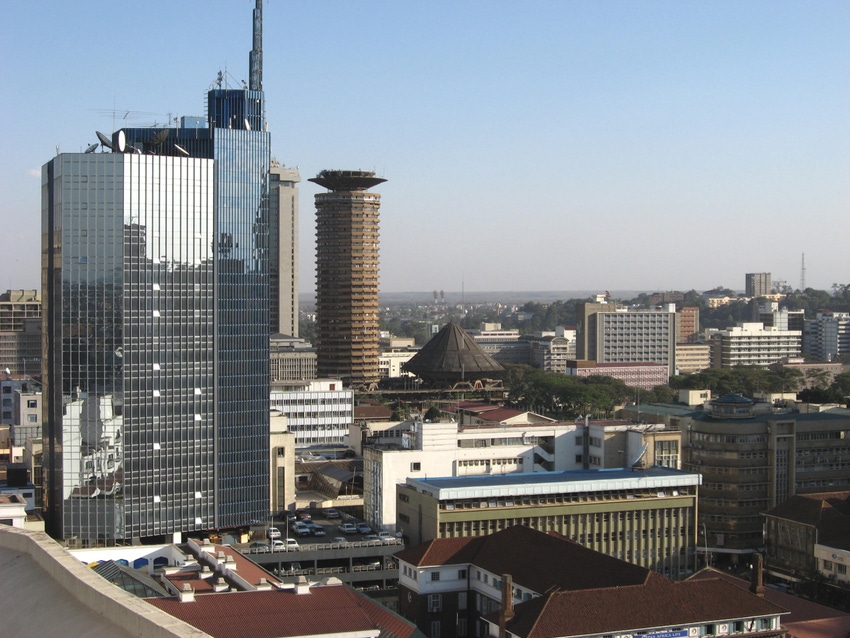The Communications Commission of Kenya (CCK) said that it has lowered “virtually all regulatory fees”, including frequency fees. The move is the CCK’s first major general regulatory fees review since 2000.
October 7, 2011

The Communications Commission of Kenya (CCK) said that it has lowered “virtually all regulatory fees”, including frequency fees, that it levies on operators.
The move is the CCK’s first major general regulatory fees review since 2000. The commission said that it had reduced frequencies fees for mobile wireless access by an average of 41 per cent, in an effort to incentivise mobile operators to expand their networks and become more efficient in usage of assigned spectrum.
Operators will also pay 25 per cent less in type approval fees for the first 10,000 base stations by July 2012, 50 per cent less for the next 30,000 transmitters and 25 per cent less on the current fees for the remaining transmitters.
Fees for frequencies used by mobile firms to interlink transmitters, otherwise known as fixed links, have also been reduced by an average of 24 per cent.
“To sustain this dynamism and lay the foundation for the sector’s future growth, particularly in stimulating ICT infrastructure development in under-served and un-served areas, continuous monitoring and evaluation are necessary in order to institute the requisite regulatory interventions and adjustments,” said Francis Wangusi, CCK director general.
“I wish to note here that the Commission shall, going forward, be reviewing the regulatory fees every three years to sustain the vibrancy that has now become the hallmark of the local ICT sector. It is our hope that the industry will take advantage of the revised fee structure to expand services to the under-served and un-served parts of the country as well as facilitate other public policy requirements such as those touching on security so that all Kenyans can have access to universal, secure and efficient ICT services.”
About the Author(s)
You May Also Like








.png?width=300&auto=webp&quality=80&disable=upscale)


_1.jpg?width=300&auto=webp&quality=80&disable=upscale)


.png?width=800&auto=webp&quality=80&disable=upscale)